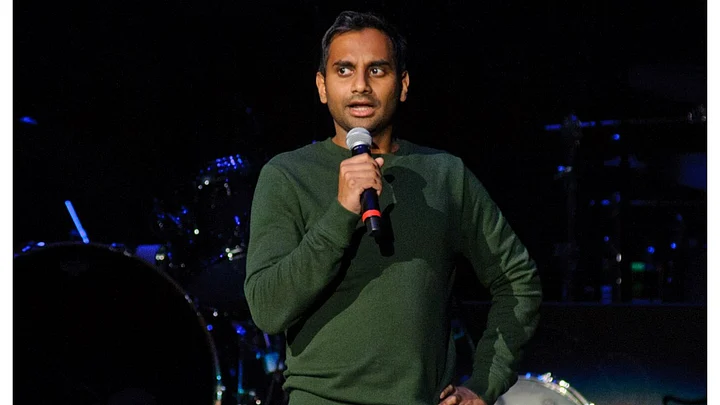In January 2018, a website published an account of a woman who claimed to have had the “worst night” with comedian Aziz Ansari, of the popular show Master of None. She vividly describes how she met Aziz the 2017 Emmy’s after-party. They arranged for a date later, where they went out for dinner and then to his house. She complements him about his kitchen counter-tops and what comes next is a detailed account of how Aziz refused to see her hesitance and continued to make his advances, at one point shoving his fingers down her throat, until she finally said ‘no’. She later sent him a text saying she had not had a good night and he “had to have noticed (she) was uncomfortable.”
Aziz did come out with a response, saying he thought all that ensued over the course of the night was “consensual”. The article broke hearts around the world, as desis mourned the icon’s inevitable demise from the public eye, his fall from India’s pride to embarrassment. Slowly but surely, he fizzled away from the limelight, as most men called out in the #MeToo movement and rightly so. It is the saying that makes it to the top of everyone’s quotable quotes – you can’t separate the art from the artist. You can’t consume someone’s work and not support them. Support is support, and support that let’s a sexual offender go on with his life, forgetting anything ever happened, surely is unacceptable.
So when Aziz announced that he was taking his new tour Road to Nowhere to India, naturally the ‘woke’ jumped to attend it. A brown man with an accent – who could resist?
What I experienced at his show in Mumbai was simple confusion. I didn’t want to be there. The ghosts of my social media past screamed, “Stand with the women! Believe the women! Women need support!”and here I was, doing everything wrong on a Saturday night.
But it is work – a review is a review – I did not choose this, I took one for the team. And with the tickets and good old human hope clenched in my fists, I waited for the show to begin.
“We’re all shitty people” is the general theme of the set for Aziz’s Road to Nowehere. My cynical mind is telling me that this is his way to push us into forgiving him. He doesn’t address the elephant in the room directly. You’re left uncomfortably looking at the person next to you every-time he cracks a sexual joke. Is it okay to be here?
The audience erupts into laughter as he tells an audience member that he can’t say her name right but can “think of other names to call her.” I begin to feel uncomfortable. It wasn’t that the joke itself wasn’t funny, it was that I wasn’t too sure I wanted to hear it from him. And then began a pattern. He slowly moves on to talk about R Kelly and mocks the societal blacklisting that followed. He then talks about Michael Jackson and the “children”. It pushed you to the edge of your seat, as he circled around the topic but refused to directly address it.
A strange tease, it is as if he was pushing the audience to see exactly how far they could go. Till finally, he talks about himself.
“I haven’t said much about that today.” And so he begins to tell us how it broke him, took away everything from his life that he had taken for granted. “Everything goes away like this” says Aziz, as he dramatically speaks into the mic, snapping his finger to indicate a Thanos-like end. He lists out his regrets, then points out how most of all, he regrets making her feel like that. He tells the audience it is all about appreciating what you have and living in the moment with the people around you. He continues to soften the blow as he tells the audience they are his people in this moment, that he is thankful for them, then wishes everyone a good night.
I don’t know what everyone around me is thinking at this point, but there is pin-drop silence. Inside, I feel a weird anger. The entire show feels like betrayal. He didn’t come here to make us laugh, he came here to build a story-line to make himself feel better. Is Aziz here because the white world wouldn’t forgive him?
We’re all shitty people, Aziz, yes. But we don’t yank out opportunities out of someone’s trauma. An apology at the end of the show, followed by thanking everyone who showed up... it was escapist. Smart, but questionable.
“I’m glad he spoke about it.” was the general sentiment after the show.
But here’s my question – how could he have not? A vocal advocate for feminism, a man trying to clamber out of his own ragged mess – how could he not? The problem was the lack of sincerity. Sometimes you don’t want an entire set’s build up to hear the human “sorry”. Which, in hindsight, I don’t think he did at all! Why not start the show with it? Why build up to it with weird comic scheming? Sometimes you don’t want to be given explanations; and though the set was clever, had a few excellent punch-lines, for sure a break from our drab and dreary lives – it also felt problematic.
And just that day, that’s the last thing I wanted it to be.
(At The Quint, we question everything. Play an active role in shaping our journalism by becoming a member today.)
